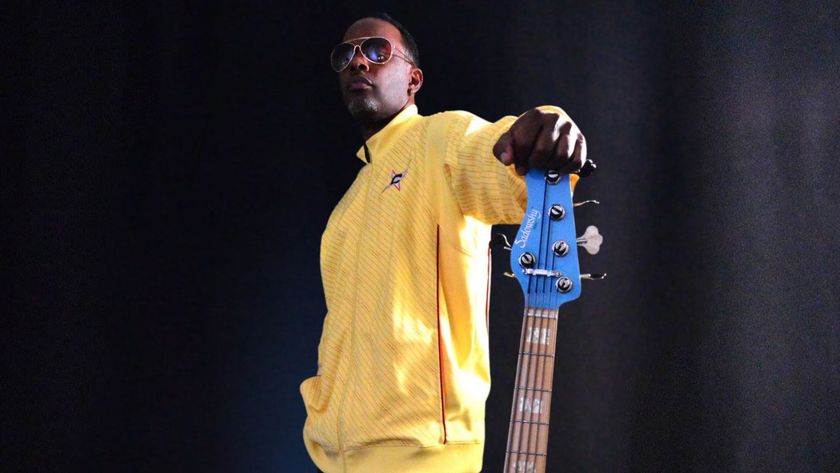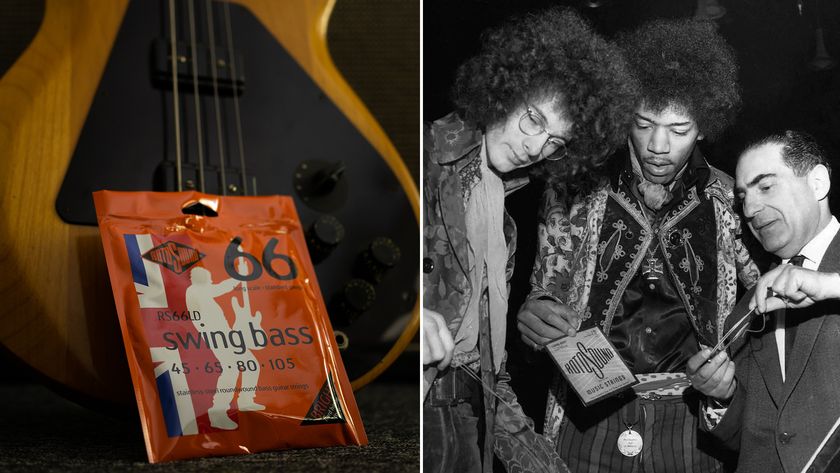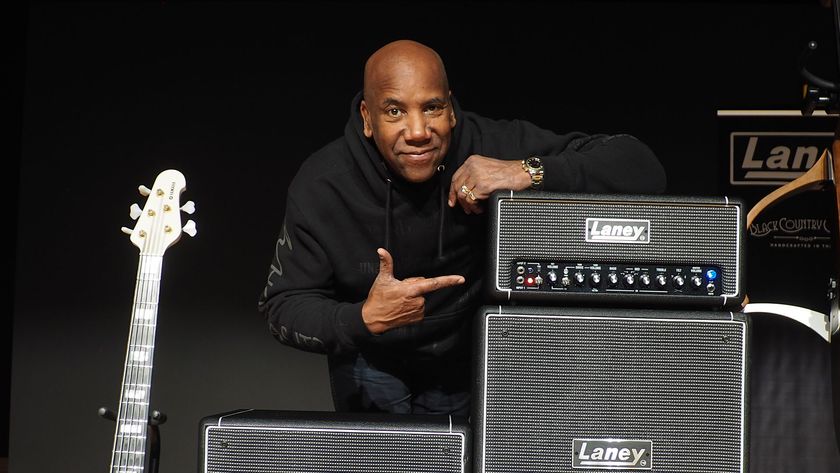Choice Cuts: The Best of Nick Drake
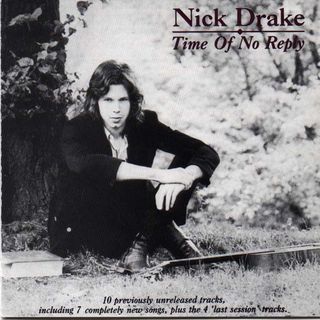
In recent days, the cold has become far sharper, the snow heavier. Winter is really starting to rear its head. There are certain kinds of music that just seem to have more impact around this time of year; certain artists whose songs resonate more when you can see your own breath.
This year marks the 40th anniversary of the death of Nick Drake, one of the most unique and talented singer/songwriters to ever pick up a guitar, or any instrument for that matter. His incredible fingerpicking skill, unique use of melodic textures like cluster chords, and vague, morbid lyrics make his songs stand out like those of no other musician of the time. Afflicted with severe depression for most of his adult life, Drake died of an accidental overdose of prescription pills at the age of 27.
For over 35 years, his small catalog (three albums) was virtually ignored by all but a select few. It wasn’t until 2000, when his song “Pink Moon,” off the album of the same name, was featured in a Volkswagen commercial that his music finally achieved commercial recognition. In one month, more Drake albums were sold than in the previous 36 years combined.
Check out "Pink Moon" here:
But still to many, Drake remains a mystery; an almost mythic example of a tortured artist. Counting out “Pink Moon,” which, granted, is a masterpiece, this is a list of 8 songs that I feel best show the songwriting mastery of this legendary musician.

1.“Cello Song”
“Cello Song” hails from Drake’s 1969 debut, Five Leaves Left. Drake’s debut without question owed more to the baroque style than any other record in his catalog. There are ornate string arrangements on almost every song within it. As you can imagine, “Cello Song” has its fair share of them. But Drake’s unbelievable fingerpicking interacts and compliments perfectly the mournful cello that gives the song its name. While his debut is occasionally overdone, “Cello Song” strikes a perfectly understated balance.
Get The Pick Newsletter
All the latest guitar news, interviews, lessons, reviews, deals and more, direct to your inbox!

2.“One Of These Things First”
For Drake’s second album, the awkwardly titled Bryter Later, a change of sound was deemed necessary. The baroque folk approach fell flat commercially, so Drake was determined to make Bryter Later a more upbeat affair. Mixing this time with Drake’s always-brilliant playing was a jazz piano-bass-drums rhythm section. “One Of These Things First,” with a gorgeous, lively riff that finds equally supple piano playing as its constant companion, is one of Drake’s most endearing songs.

3.“Northern Sky”
This wonderful ballad was the track that both Drake and his producer, Joe Boyd, felt would bring the great commercial success Drake’s talent seemed to promise. Although Drake originally wanted the track to be very sparse and acoustic, John Cale (of Velvet Underground fame) was brought in to add piano, organ, and harmonium. In the end, Drake was delighted with the results. And indeed, Cale’s additional instrumentation give Drake’s bleak lyrics an added weight.
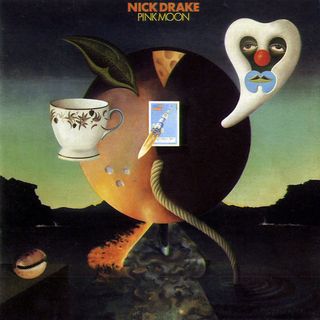
4.“Place To Be”
Sadly, Bryter Later and Northern Sky went absolutely nowhere commercially, just as its predecessor did. Island Records had never given Drake much of a chance, and were neither expecting nor craving for a third album from him. By 1972, two years after his sophomore effort, Drake had withdrawn completely. Always extremely shy, Drake had by this point entirely stopped playing shows and taking part in interviews. His depression had grown exponentially since the failure of Bryter Later, and he refused to take the antidepressants prescribed to him, for fear of negative effects when mixed with his constant smoking of marijuana. Out of this isolation and depression came Drake’s greatest and final work, Pink Moon. Except for a single piano line in the chorus of the title track, the album was comprised entirely of just Drake and his acoustic. “Place To Be” is one the many astounding performances on the album. The melodic variety Drake gets out of his acoustic is simply incredible.

5.“Which Will”
With its haunted atmosphere, “Which Will” is another highlight on an album full of them. One of Drake’s most beautiful vocal performances rises and falls with the melody he picks out on the guitar. His voice and his playing are always in separate places, but perfectly in step with each other. Even in his declining state, Drake was in total control, and it shows.

6.“From the Morning”
“Now we rise/ And we are everywhere” is the epitaph inscribed into Drake’s gravestone. That lyric comes from this song, Pink Moon’s closer, “From the Morning.” It’s a song of truly stunning beauty. The riff he plays bounces easily along, seemingly without any sort of inhibition. It’s a ray of hope coming from a mind clouded with all sorts of trouble. Closing an album filled with melancholy, isolation, and anxiety; it is a moment of clarity and cleansing. Even after many listens, its great power never subsides.

7.“Rider On the Wheel”
Time of No Reply, released years after Drake’s death, collects among other odds and ends some of Drake’s final recordings. Recorded in February 1974, nine months before his death, “Rider On the Wheel” is one final whimsical track from the singer. By this point Drake had deteriorated to the point where he could no longer sing and play his always-complicated riffs at the same time. Hampered or not, Drake’s playing here is fantastic and as original as ever.

8.“Hanging On A Star”
It was said that by this point Drake had become bitter and angry about his lack of success. He seemed to have lost all hope, making “Hanging On A Star” all the more stinging. “Why leave me hanging on a star/when you deem me so high?” he asks the listener, wondering why, despite grand predictions, no one listened to him. The unusual BF#BEBD# tuning Drake uses on the song gives his acoustic greater punch. All in all, it serves as a brilliant, but tragic final chapter in a career that should have been longer and more successful.
Jackson Maxwell is a freshman at the University of Massachusetts Amherst. He is double majoring in history and journalism. He is a staff writer for the Massachusetts Daily Collegian and has his own music blog entitled “Two Dudes, Two Computers” with his friend Zach Newman. You can follow him here at twodudestwocomputers.tumblr.com/ or http://themotorcade.tumblr.com/
Jackson is an Associate Editor at GuitarWorld.com. He’s been writing and editing stories about new gear, technique and guitar-driven music both old and new since 2014, and has also written extensively on the same topics for Guitar Player. Elsewhere, his album reviews and essays have appeared in Louder and Unrecorded. Though open to music of all kinds, his greatest love has always been indie, and everything that falls under its massive umbrella. To that end, you can find him on Twitter crowing about whatever great new guitar band you need to drop everything to hear right now.
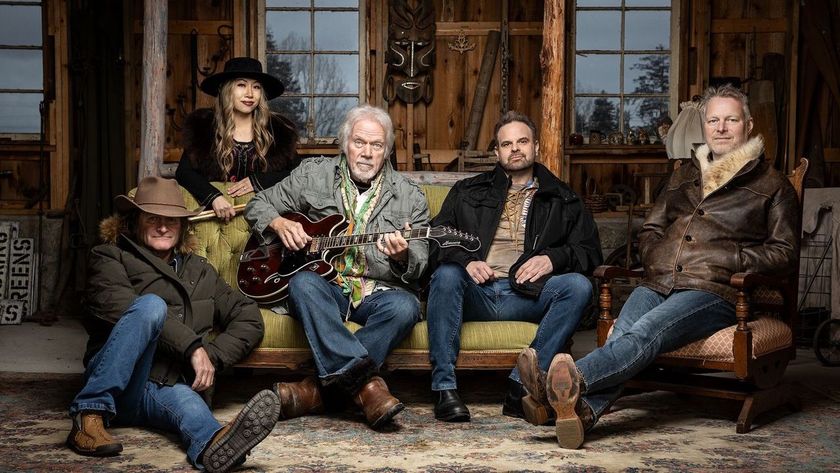
"The BTO sound is BACK!!" Bachman-Turner Overdrive release first new material in over 25 years – and it features a Neil Young guitar solo
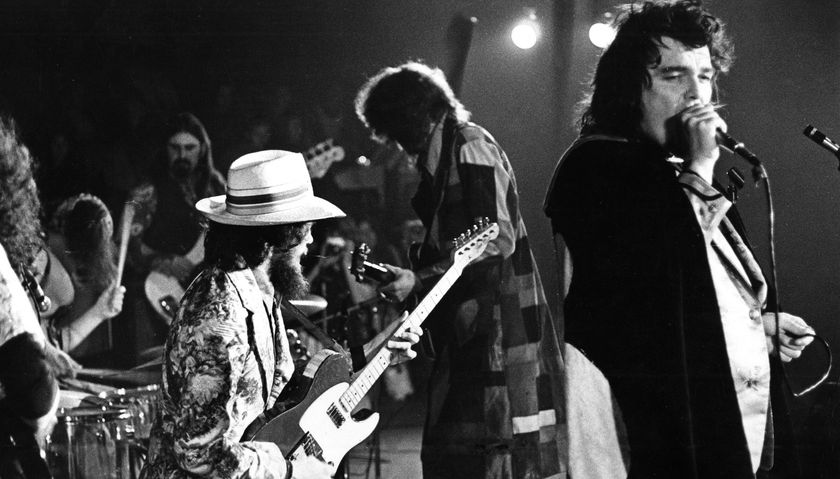
“He would beat the crap out of the guitar. The result can best be described as Jackson Pollock trying to play like John Lee Hooker”: Aggressively bizarre, Captain Beefheart's Trout Mask Replica remains one of the craziest guitar-driven albums ever made




